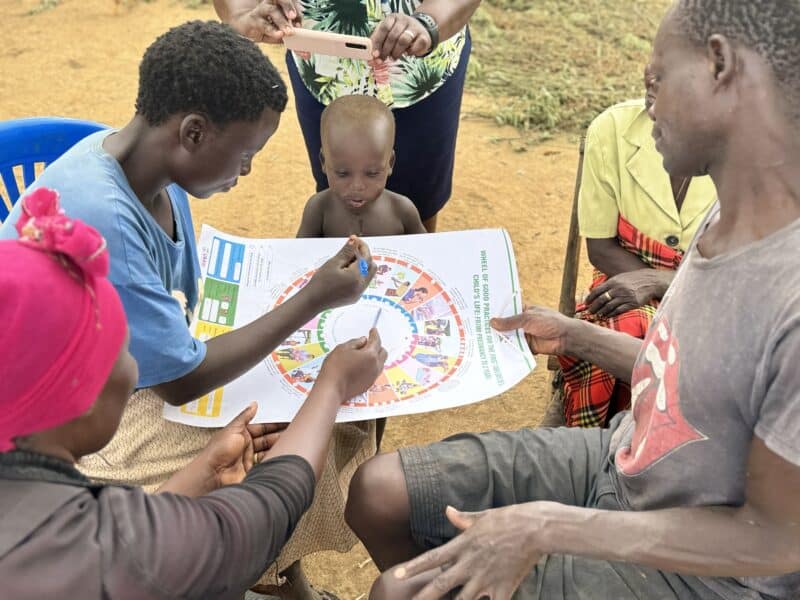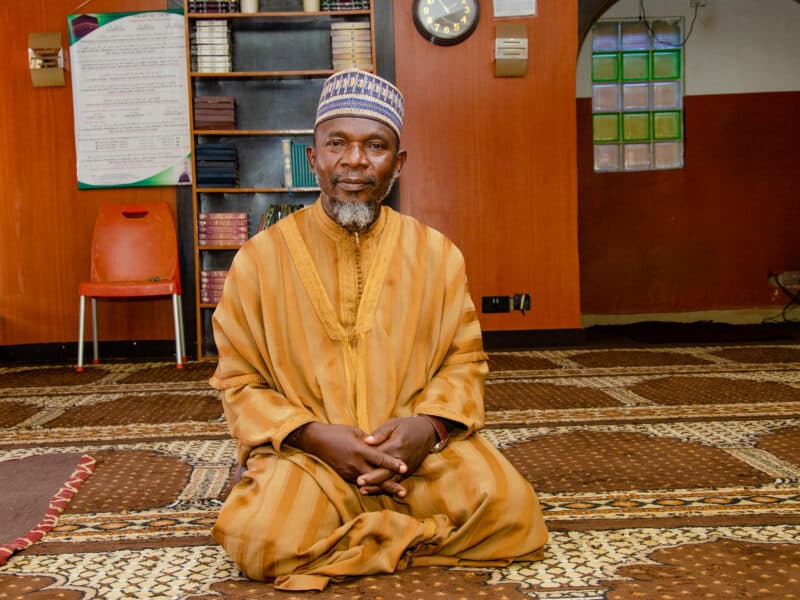Saturday marks World Contraception Day, an annual global campaign to improve awareness of modern contraception and to enable young people to make informed choices on their sexual and reproductive health. In 2020, with the COVID-19 pandemic upending lives across the world, making good decisions around contraception may be more challenging, but it is no less important, especially for young adults who are looking to establish the foundation for their future.
Five Things to Think About on World Contraception Day
1. Family planning is still needed, perhaps more than ever given the COVID-19 pandemic. Coronavirus-related shutdowns have wreaked havoc on many health care systems, leaving many women without access to their preferred contraceptive method. It is important that we remain dedicated to overcoming those barriers, finding creative ways to help women get the services they need or helping women choose a method that is easier to access right now
2. Family planning can become a social norm. As CCP’s Nigeria Urban Reproductive Health Initiative (NURHI) closes after a decade of successes in bringing modern contraception to Nigeria’s cities, hundreds of thousands more women are using modern methods. They are also more likely to be counseled on all family planning methods and more likely to reject the myths and misconceptions many had about modern contraception in the past. Says Susan Krenn, CCP’s executive director: “We celebrate the end of NURHI knowing that what we have started will continue on.”
3. New advances in modern contraception are still being made. To receive a hormonal contraceptive injection, women have long had to travel to a busy clinic and see a nurse – and return every three months to get another one. A new advance, called Sayana Press, allows women to inject themselves at home. Shepherding new research findings into policy and practice typically takes about 10 years, but Malawi recently reached this milestone in fewer than three making Sayana Press a real option for many.
4. Young people gain from sharing their family planning stories. Providing an opportunity for young people to publicly share their personal stories about family planning can help elevate their visibility, motivate them and instill confidence and pride in their work, according to a small CCP study of the Family Planning Voices project. As part of another CCP-led program, Merci Mon Héros, young people produced videos thanking their parents, sisters, friends and others who helped them through specific challenges in their reproductive health experiences. By hearing these experiences, the hope is that adults will be encouraged to break taboos and reach out to young people in their lives to talk about reproductive health and family planning.
5. Family planning programs need to make sure no one is left out. Youth family planning efforts have traditionally missed youth who are married and/or already parents. Many young married couples and first-time parents, aged 15–24, become pregnant before they are ready, or have their second pregnancy too soon. These youth often have limited family planning options. For many, social norms limit girls’ status and decision-making power and create pressure for young couples to grow their families quickly. Poor treatment by health providers and family planning myths—especially linked to infertility—further dissuade use. Think instead of this transition time as an opportunity to influence lifelong practices.





